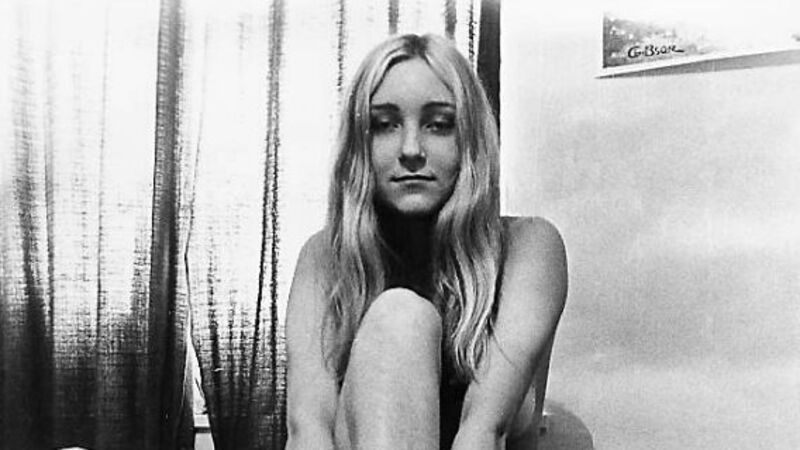How Viv Albertine went from awkward teen to princess of punk rock

THERE is a video on YouTube of a young girl in the 1970s dressing in the foyer of a bank, while outside her friend hisses like a cat at a bystander. The hisser is Viv Albertine, who became the guitarist in the notorious all-girl punk band, the Slits; the girl who writes “this should be written on my gravestone. ‘She was scared. But she went anyway’.”
Albertine’s memoir, Clothes, Music, Boys, is unflinching, from her childhood in an abusive home, to her teens and her involvement in the London music scene, to her evolution as a wife and mother, musician, artist and now writer.











